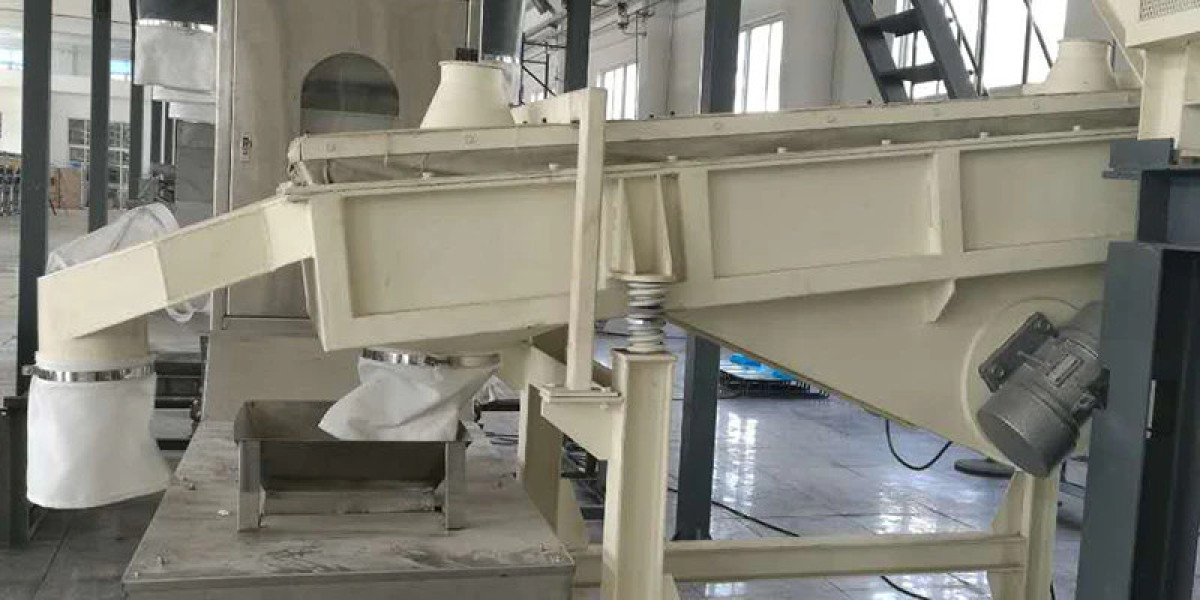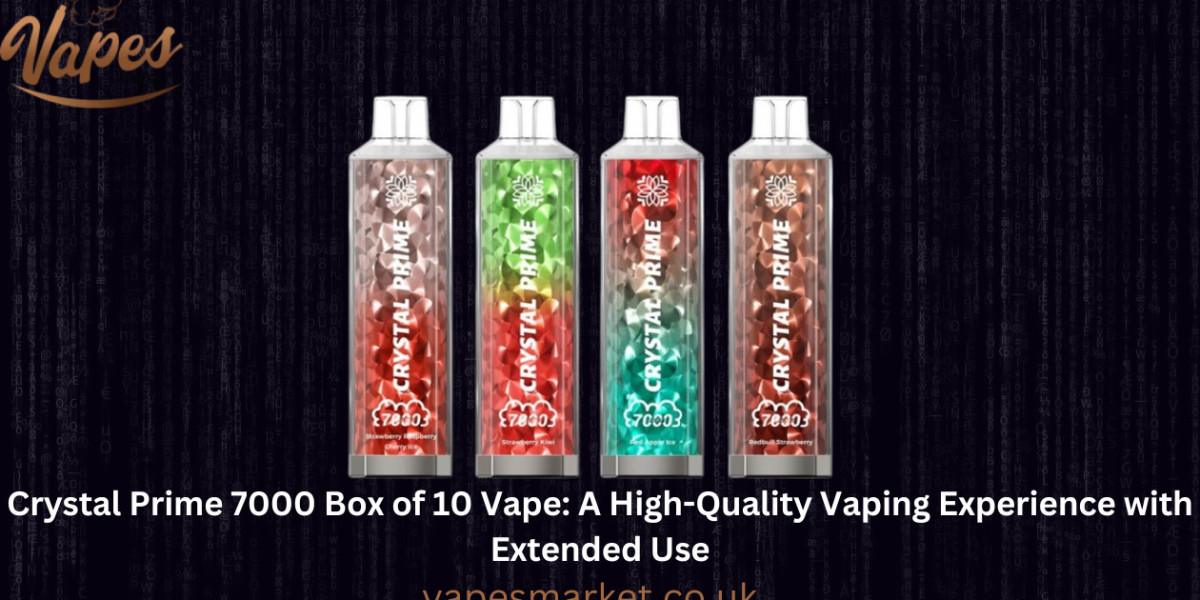detergent powder production line machines are essential equipment in the manufacturing industry. They are designed to produce detergent powder efficiently and in large quantities. These machines are crucial for businesses that aim to meet the growing demand for cleaning products. Understanding how these machines work and their key features can help manufacturers choose the right equipment for their needs.
Types of Detergent Powder Making Machines
There are various types of detergent powder making machines available in the market. The most common types include batch-type and continuous-type machines. Batch-type machines are suitable for smaller production runs, while continuous-type machines are designed for large-scale production. Each type has its advantages and disadvantages, and the choice depends on the specific requirements of the manufacturer.
Key Features of Detergent Powder Making Machines
Detergent powder making machines come with several key features that enhance their efficiency and effectiveness. These features include automatic feeding systems, mixing capabilities, and drying mechanisms. Automatic feeding systems ensure that raw materials are supplied consistently, while mixing capabilities allow for thorough blending of ingredients. Drying mechanisms are essential for removing moisture from the detergent powder, ensuring a longer shelf life.
Functions of Detergent Powder Making Machines
The primary function of detergent powder making machines is to produce high-quality detergent powder. This involves several processes, including mixing, granulating, and drying. The mixing process combines various raw materials, such as surfactants, builders, and fillers. Granulating transforms the mixture into granules, while drying removes excess moisture. These functions are crucial for producing a product that meets industry standards.
Importance of Quality Control
Quality control is a vital aspect of detergent powder production. Manufacturers must ensure that their products meet specific quality standards to remain competitive in the market. Detergent powder making machines often come equipped with quality control features, such as sensors and monitoring systems. These features help detect any inconsistencies in the production process, allowing for immediate adjustments.
Energy Efficiency in Detergent Powder Making Machines
Energy efficiency is an important consideration for manufacturers. Modern detergent powder making machines are designed to consume less energy while maintaining high production rates. This not only reduces operational costs but also minimizes the environmental impact of production. Manufacturers should look for machines that incorporate energy-saving technologies to enhance their sustainability efforts.

Maintenance of Detergent Powder Making Machines
Regular maintenance is essential for the longevity and performance of detergent powder making machines. Manufacturers should establish a maintenance schedule that includes routine inspections, cleaning, and repairs. Proper maintenance helps prevent breakdowns and ensures that the machines operate at optimal efficiency. Additionally, manufacturers should train their staff on maintenance procedures to promote a culture of care and responsibility.
Choosing the Right Detergent Powder Making Machine
Selecting the right detergent powder making machine involves considering several factors. Manufacturers should assess their production capacity, budget, and specific requirements. It is also important to evaluate the machine's features and functions to ensure they align with the production goals. Consulting with industry experts can provide valuable insights and help manufacturers make informed decisions.
Conclusion
In conclusion, understanding the detergent powder making machine is crucial for manufacturers in the cleaning product industry. By familiarizing themselves with the key features and functions of these machines, manufacturers can enhance their production processes and meet market demands. Investing in high-quality equipment and maintaining it properly will ultimately lead to better product quality and increased profitability.








